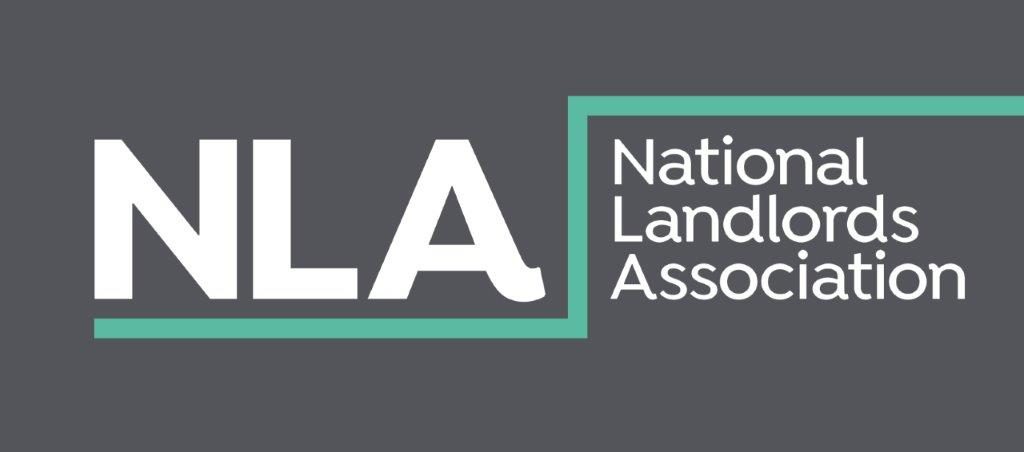
The UK property market can be a challenging and confusing place for first time buyers. With so many options available on the market, it can be difficult to know where to start.
But with the right approach (and a couple helpful tips), you can find the perfect home for you. Below, we’ve outlined some of the key steps you should follow when buying your first home in the UK.
Determine your budget
Before you start searching for homes, it’s crucial to determine your budget. Consider factors such as your income, savings, and any potential mortgage repayments. This will help you get a good idea of what you can afford and where you should start looking.
This would also be a good time to take a look at your credit score. Your credit score can determine your ability to secure a mortgage so it’s really important. Head to websites such as MoneySuperMarket, Experian or Clearscore to check your credit score for free.
Get a mortgage pre-approval
Before you start viewing homes, it’s a good idea to get a mortgage pre-approval. This will give you an idea of how much you can borrow, help with budgeting, provide negotiating power, and what the repayments will look like.
At Hopewell, we advise you to engage with a mortgage adviser early on in your property search to help give you certainty about your acquisition budget and long-term affordability. Click here for more buyer information.
Find a reliable estate agent
Estate agents can be a valuable resource when looking to buy a home due to their knowledge of the property market. Look for an estate agent who has experience in the area you are interested in, great local knowledge, and one who you feel comfortable communicating with. They can help you find properties that meet your needs, arrange viewings on your behalf, and negotiate the very best deal.
Research the market
It’s important to do your research and stay informed about the latest trends and market conditions in the areas you’re interested in. This will help you make informed decisions about what to look for when viewing homes and what offers to make.
Things to consider are location, schools, amenities, future developments, and transport links. Anything that is a good fit for your lifestyle and needs.
View multiple properties
Before you make an offer, it’s essential to view multiple properties. This will give you a good idea of what’s available in the property market and help you to compare. Be sure to take your time, ask questions and make detailed notes of each property.
Making an offer as a first time buyer
Once you’ve found a property you like, it’s time to make an offer. Your estate agent will be able to guide you through this process, but be prepared to negotiate. It’s important to remember that the first offer is often not the final offer and that there may be room for negotiation.
You should…
- Know your budget
- Be ready to make quick decisions
- Do your property market research
- Be prepared to negotiate
Get a professional survey
Before making an offer, it’s important to get a survey of the property. This will give you an idea of any current or potential issues with the property, giving you peace of mind. It can help you make an informed decision about whether to proceed with the purchase or be a great negotiating tool.
Once your offer has been accepted, it’s time to finalise the purchase. This involves hiring a solicitor, exchanging contracts and arranging a completion date. Your estate agent and solicitor will guide you through this process from start to finish.
Buying your first home in the UK can be a complex and challenging process, but with the right approach, you can make it a success and hopefully as stress-free as possible. Be sure to take your time, do your research, and seek professional advice when needed. With these steps in mind, you’ll be well on your way to finding your dream home. Good luck!
If you are wanting further advice on purchasing your first property, or perhaps you’d like to talk through your options, please get in touch with one of our team at 0117 911 8663 or register with us here.


















